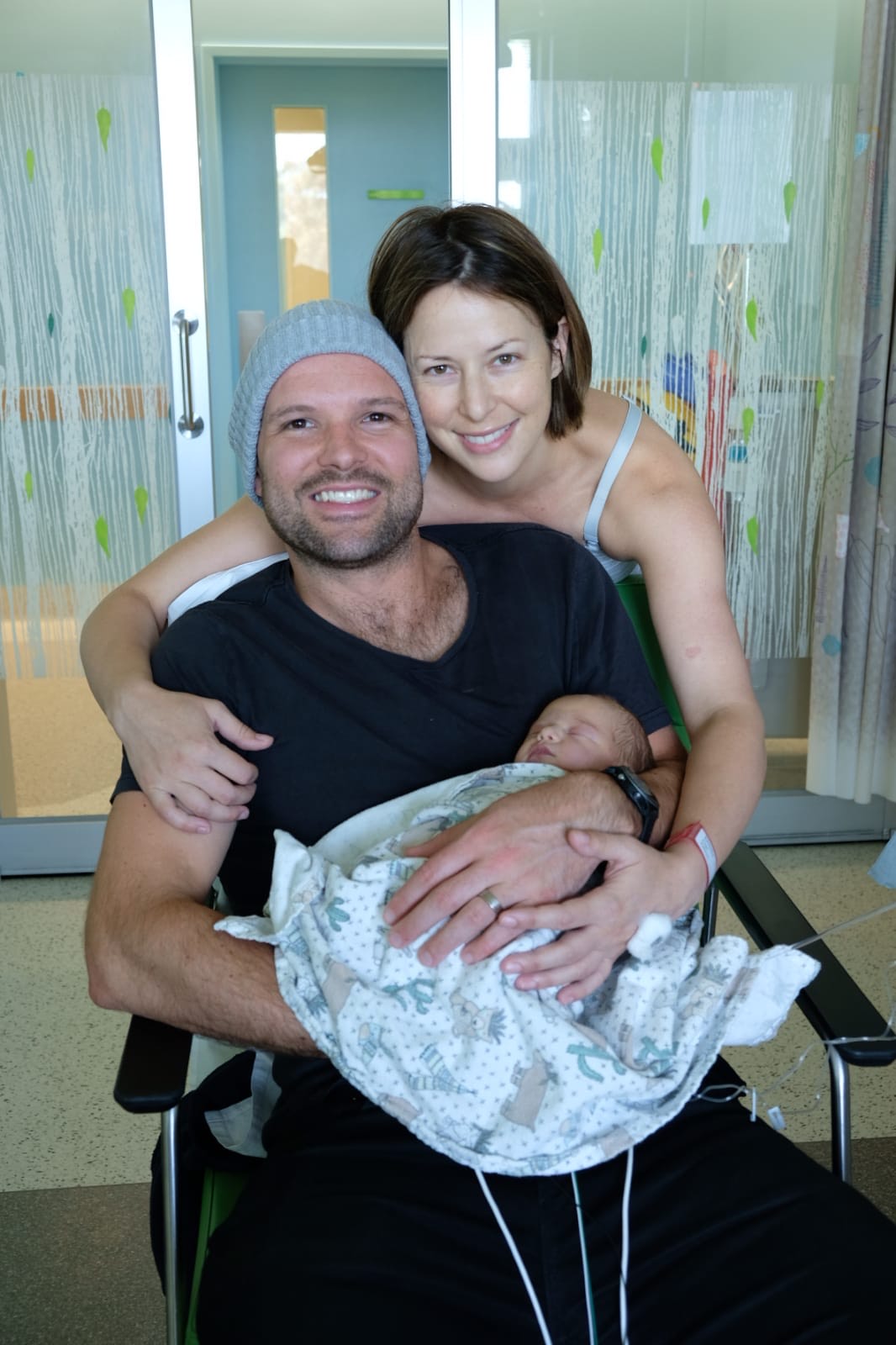It’s recommended that all men begin talking to their GP about a PSA test at the age of 50 (or 45 if you have a family history). But just a few months before my 43rd birthday, my doctor brought up doing a PSA test just to establish an accurate baseline for tests in later years.
I waited a week for my results. And when they did come back, they came back high. My doctor was pretty confident that it was nothing as a simple infection could cause a higher PSA, but she referred me onto a specialist urologist just to be safe.
I was prescribed a month-long course of antibiotics to make sure an infection wasn’t behind this raised PSA, but new tests at the end of the month came back even higher. I had a biopsy straight away and, a few days after my birthday, that’s when I was diagnosed with prostate cancer.
The urologist took me through a couple of different treatment options. I had a rather low-grade, less-aggressive cancer so we could wait and try some treatments or act now and remove the prostate. After conversations with my wife and family, taking it out now wasn’t going to change the way I went about my life so I decided to have the surgery to remove my prostate.
I had the surgery a few months later where the surgeons discovered that the cancer had progressed more aggressively than expected and was spread further than the biopsy results had suggested. I was lucky to have caught it when I did.
Fortunately, along with my prostate, the entire cancer was removed and I’m currently returning a PSA score of 0.0.
My one piece of advice for men is to get tested. Nowadays, it’s just a simple blood test. It’s a very small price to pay and the difference between early detection and late detection can be life and death.
Prostate cancer. Know the facts and take action early.

27 January 2017
It’s recommended that all men begin talking to their GP about a PSA test at the age of 50 (or 45 if you have a family history). But just a few months before my 43rd birthday, my doctor brought up doing a PSA test just to establish an accurate baseline for tests in later years.
Eugene Calalang: I was lucky
2 MIN READ








